About Us
Advertise With Us
RSS Feed | Content Syndication
Terms & Conditions
Privacy Policy
Contact Us
BollywoodShaadis.com © 2025, Red Hot Web Gems (I) Pvt Ltd, All Rights Reserved.
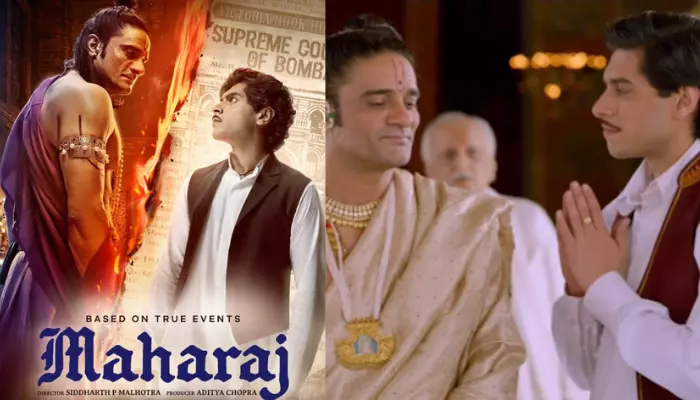
Aamir Khan’s son, Junaid Khan, made his acting debut in Siddharth P. Malhotra’s film, Maharaj, co-starring Jaideep Ahlawat. The debutant portrayed the role of the courageous journalist, ‘Karsandas Mulji’, who acted as a champion for women’s rights and a social reformer. Meanwhile, Jaideep portrayed the notorious ‘Jadunath Maharaj’, a.k.a. ‘JJ’, in the film.
Maharaj is not just a film, it's a gripping tale based on the iconic 1862 Maharaj Libel Case. This case, which shook the nation, saw Jadunathjee Brajratanjee Maharaj filing a defamation case against Nanabhai Rustomji Ranina and Karsandas Mulji. Their crime? Exposing Maharaj’s corrupt religious practices in their newspaper. If you're curious about ‘Jadunath Maharaj's fate, look no further. Here’s the explanation of what happens at the end of the film.
Recommended Read: Kalki 2898 AD's Cast Fee: Here's How Much Money Prabhas, Amitabh Bachchan, Kamal Haasan Charged
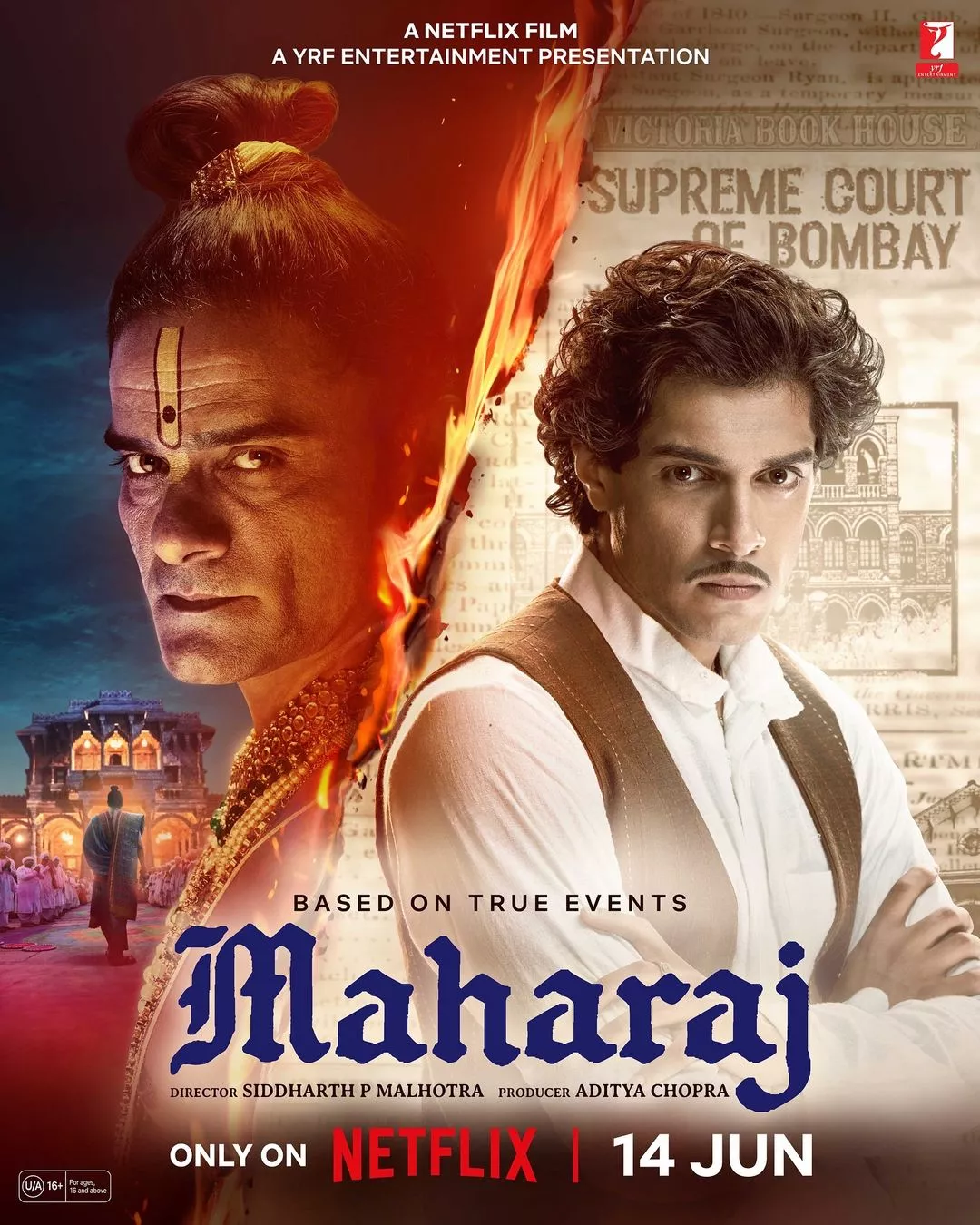
Spoilers Alert! At the beginning of the film, ‘Karsandas’ fiancee and a devotee of ‘JJ’, ‘Kishori’, played by Shalini Pandey, falls prey to the 'Maharaj’s exploitative ways of worship, which was termed charan seva. Once ‘Kishori’ understands what has happened to her, she commits suicide, leaving a note behind for ‘Karsandas’, in which she asks him to expose ‘JJ’s misdeeds.
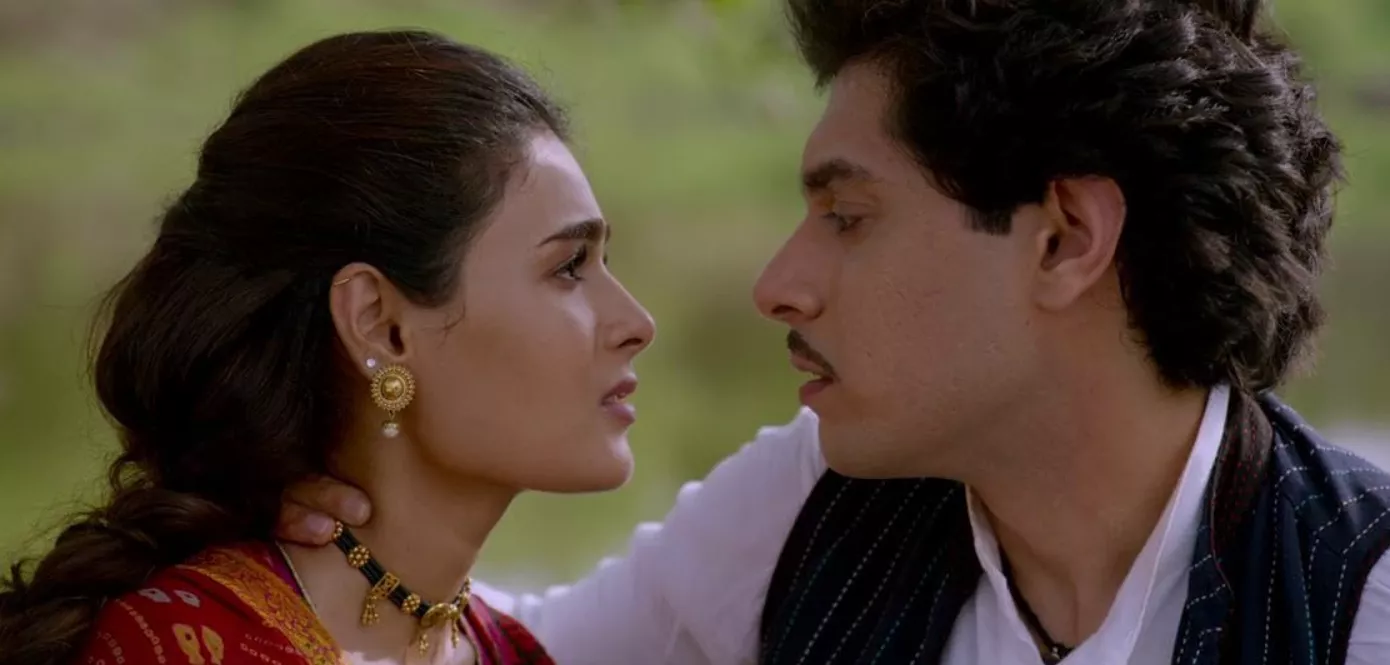
Determined to seek justice for his dead lover, ‘Karsandas’ leaves no stone unturned in exposing what goes on behind the walls of 'Maharaj’s haveli. He started his own newspaper, Satya Prakash, where he publishes an article in Gujarati titled “Hinduo No Asli Dharam Ane Atyar Na Pakhandi Mato (True Hinduism and Current Fraudulent Practices: The Truth Behind Jadunath Maharaj).” He talks about how ‘JJ’ would have a physical relationship with his female followers in the name of worship. Moreover, his male followers were asked to offer their female family members as an act of devotion towards the 'Maharaj'.
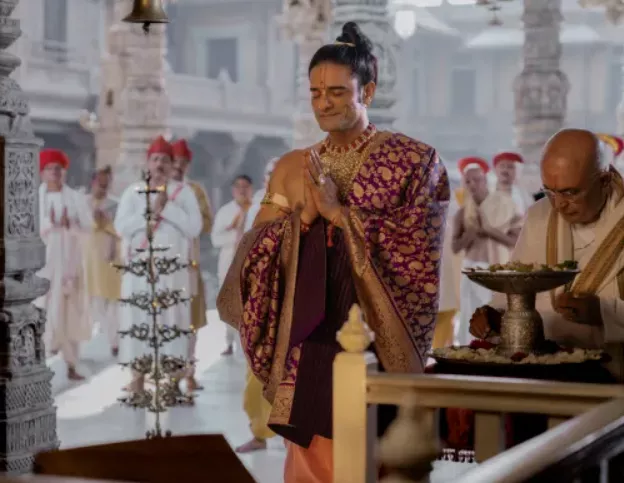
Following 'Karsandas' article, ‘JJ’ closes the doors of his haveli and others, stating that worshippers won’t be allowed to pray inside them. He declares that he will only open the doors once the journalist asks for his forgiveness. However, the latter, being a determined person, decides to convince the devotees that God is found everywhere and not just inside the four walls of ‘JJ’s haveli.
Don’t Miss: Reema Lagoo's Bittersweet Life: Accepted Ageism, Love Story At A Bank, Amicable Divorce, Death At 58
Continue reading below
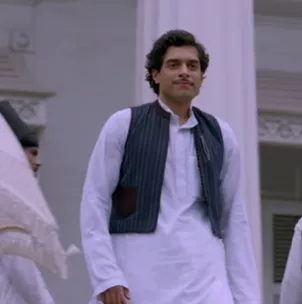
Things take a turn when ‘JJ’ retaliates, files a libel case against ‘Karsandas’, and sues him for Rs. 50,000. While this seems a meagre amount at present, it was a lot back in the 19th century. Meanwhile, he opens the gates of his haveli, fearing that he will lose the support of the people. Following the filing of the case, ‘JJ’ thinks that ‘Karsandas’ will succumb, but he doesn’t and decides to fight instead. 'Maharaj' does everything to stop the courageous journalist, but he can’t.
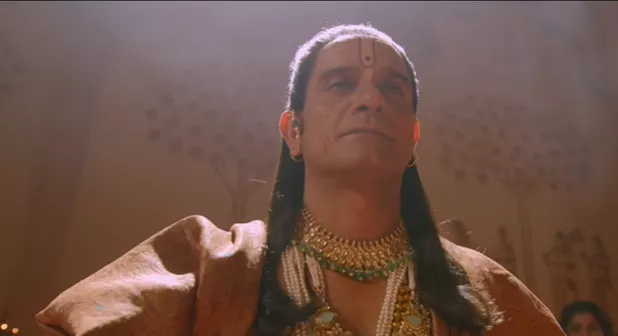
The film’s climax culminated in a dramatic courtroom showdown between ‘Karsandas’ and ‘Jadunath Maharaj’. The latter’s personal physician comes forward during the court proceedings and states that he has syphilis, a sexually transmitted disease (STD), which happens due to intercourse with several partners. As the film reaches its conclusion, ‘Karsandas’ tries to open the eyes of ‘JJ's blind followers.
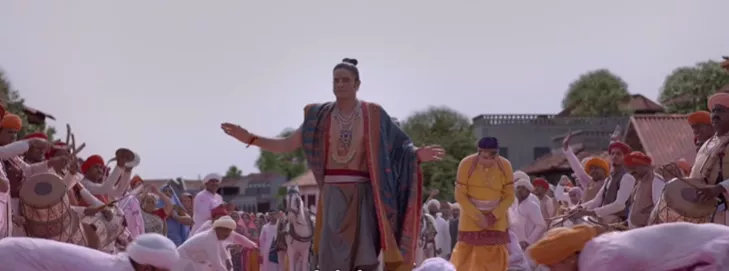
He cites the Brahmsambandh vow and teaches its meaning to the people. Furthermore, ‘Karsandas’ reveals that ‘JJ’ uses only a part of this vow during his preachings, as ordinary people do not know much about the Sanskrit shlokas and discuss several examples of incorrect interpretations. In his long monologue, ‘Karsandas’ explains how these evil practices have been blindly followed by people in the name of devotion. However, due to the lack of evidence, the journalist thinks that he has lost this case. But, as the film reaches its conclusion, ‘Karsandas’ sister-in-law comes forward to testify against ‘JJ’ in court. Following this, other women join her in testifying against the impostor, who acts as a holy man.
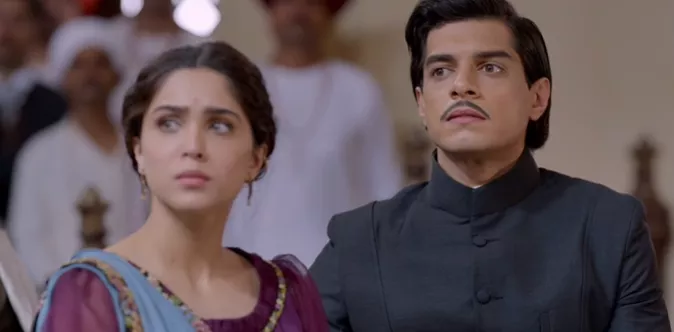
In the end, Sir Mathew Richard Sausse gave the landmark verdict on April 22, 1862, and acquitted ‘Karsandas Mulji’ of the charge of defamation. He also advised criminal proceedings against ‘JJ’. And in the final showdown, a sea of ‘JJ’s devotees were seen standing outside the court. However, this time, their temperament towards the 'Maharaj' was different. The same devotees who were ready to give their lives for devotion understood that ‘JJ’ was not above the law. Meanwhile, practices like charan seva ended due to the same case.
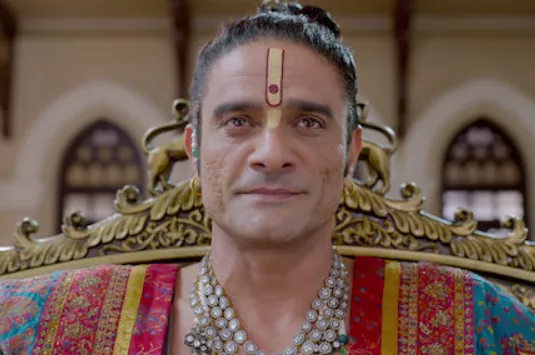
Films like Maharaj teach that religion should be practised to become good human beings rather than becoming a God themselves. Have you watched the film? Let us know if you like it or not.
Also Read: Netflix's Maharaj's Real Story: Who Was Jadunathji Brijratanji And Karsandas Mulji? Here's The Truth
advertisement
advertisement
advertisement
